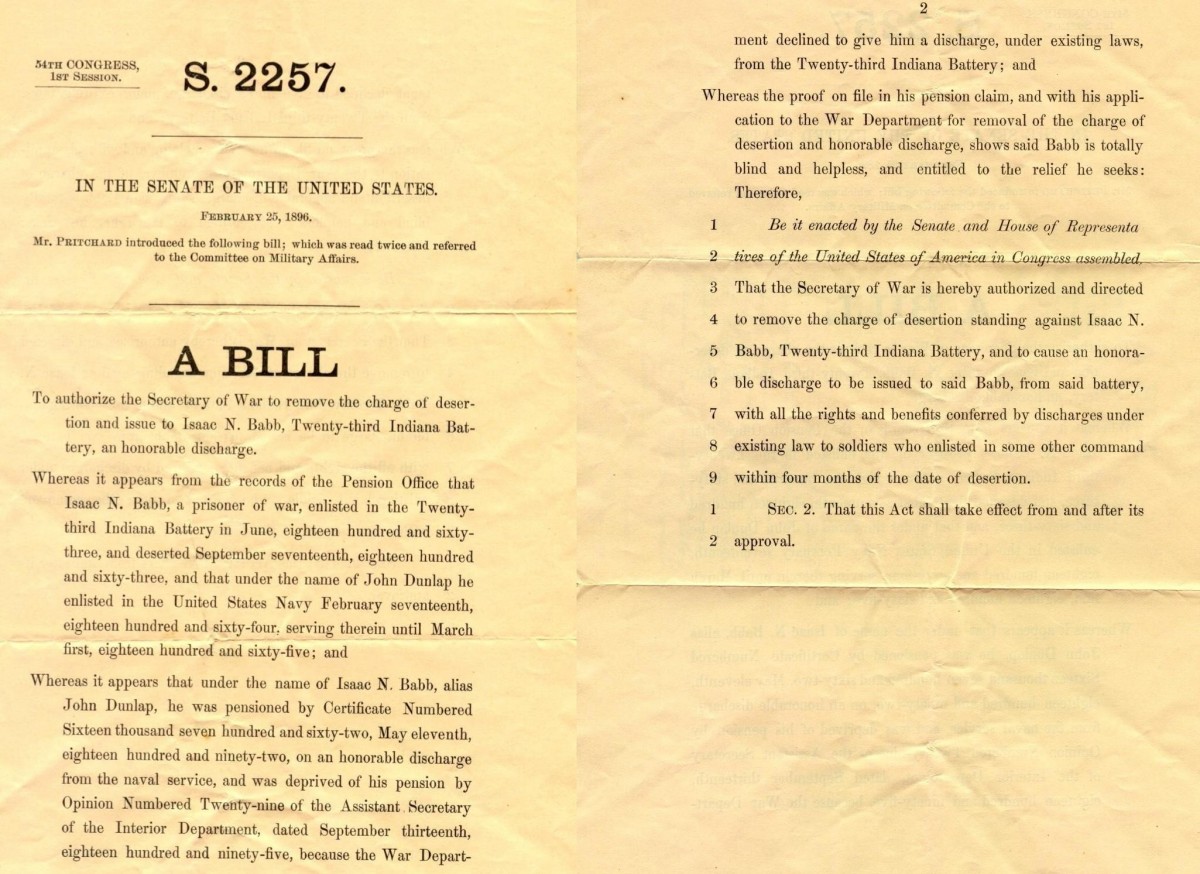5 May 2014
The statutes published for each session of Congress—and for the corresponding state legislatures—contain laws that did not eventually make their way into the compiled "codes" or "digests" commonly used by history researchers. Some statutes were left out of the codes because they were repealed or overturned before the code was compiled. Others were left out because they were private acts for individuals or resolutions passed to honor individuals or events. For biographers, the latter are particularly important. Thorough researchers will want to study the legislative acts as well as the codified law.
For more on session laws, slip laws, statutes, codes, digests, reporters, and other forms of legal records, see EE 13.4–EE13.22. A portion of these discussions is available online at https://www.evidenceexplained.com/content/sample-text-pages